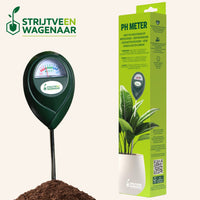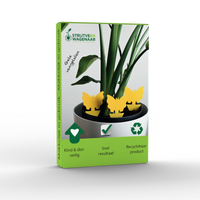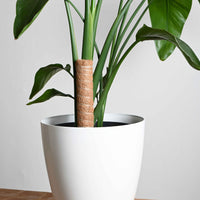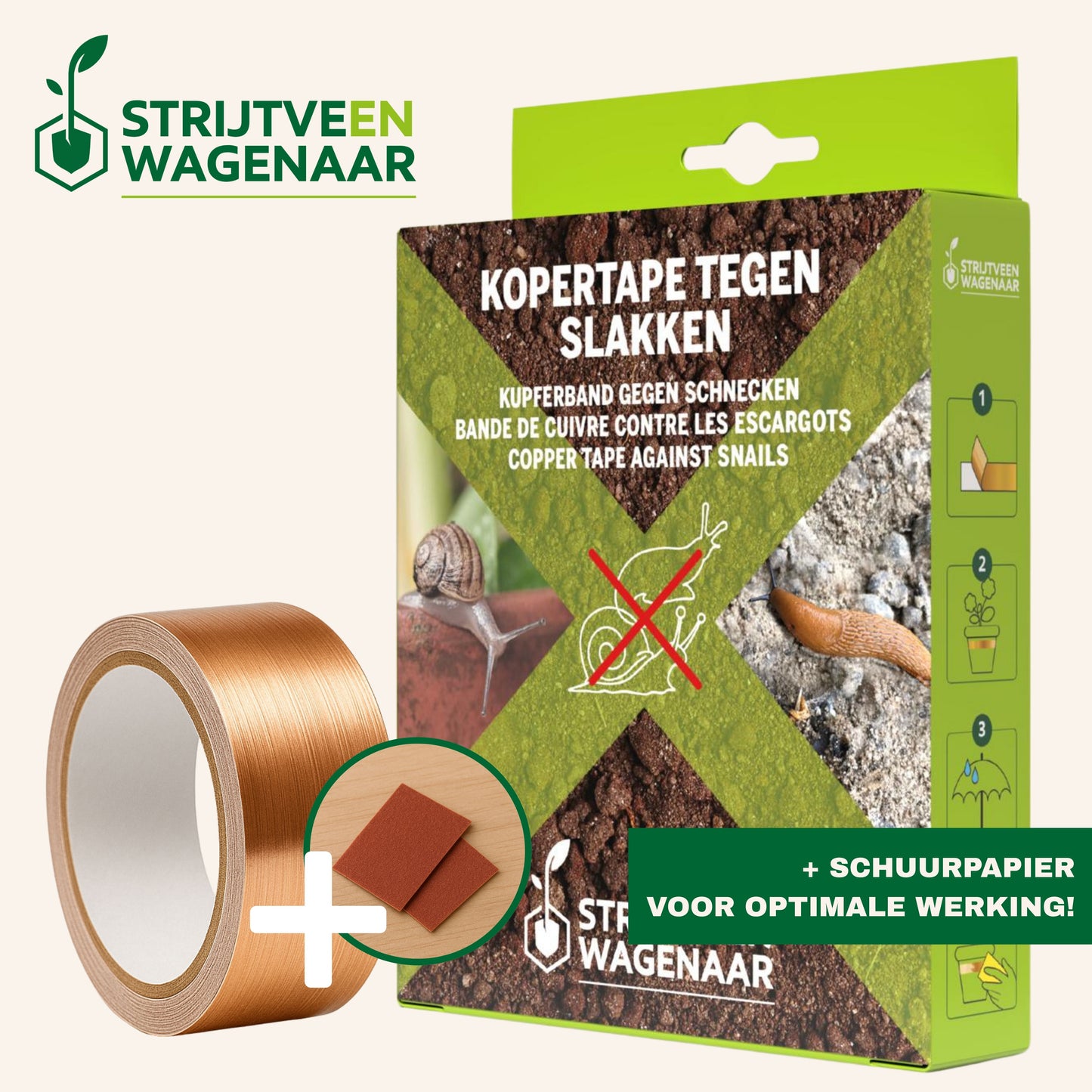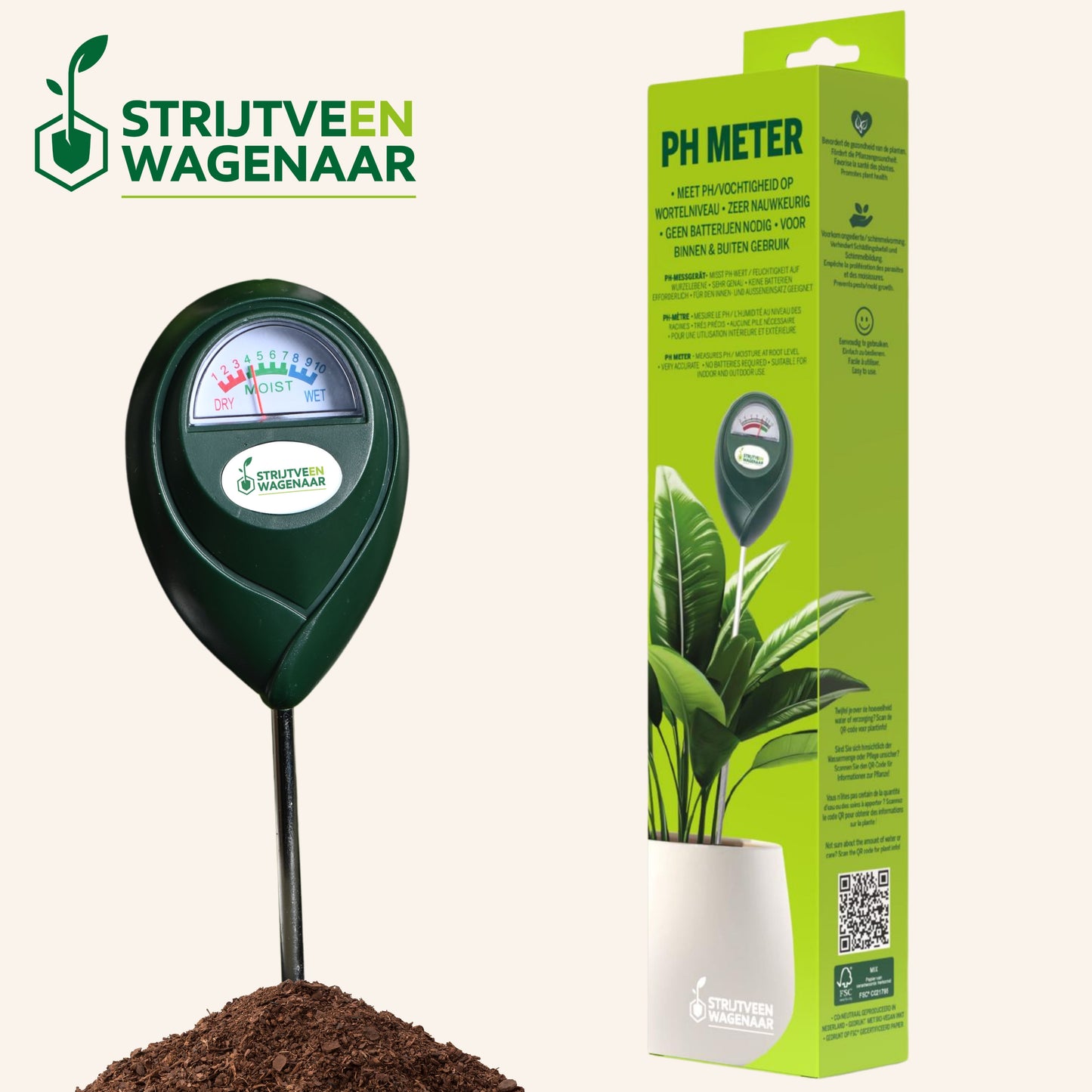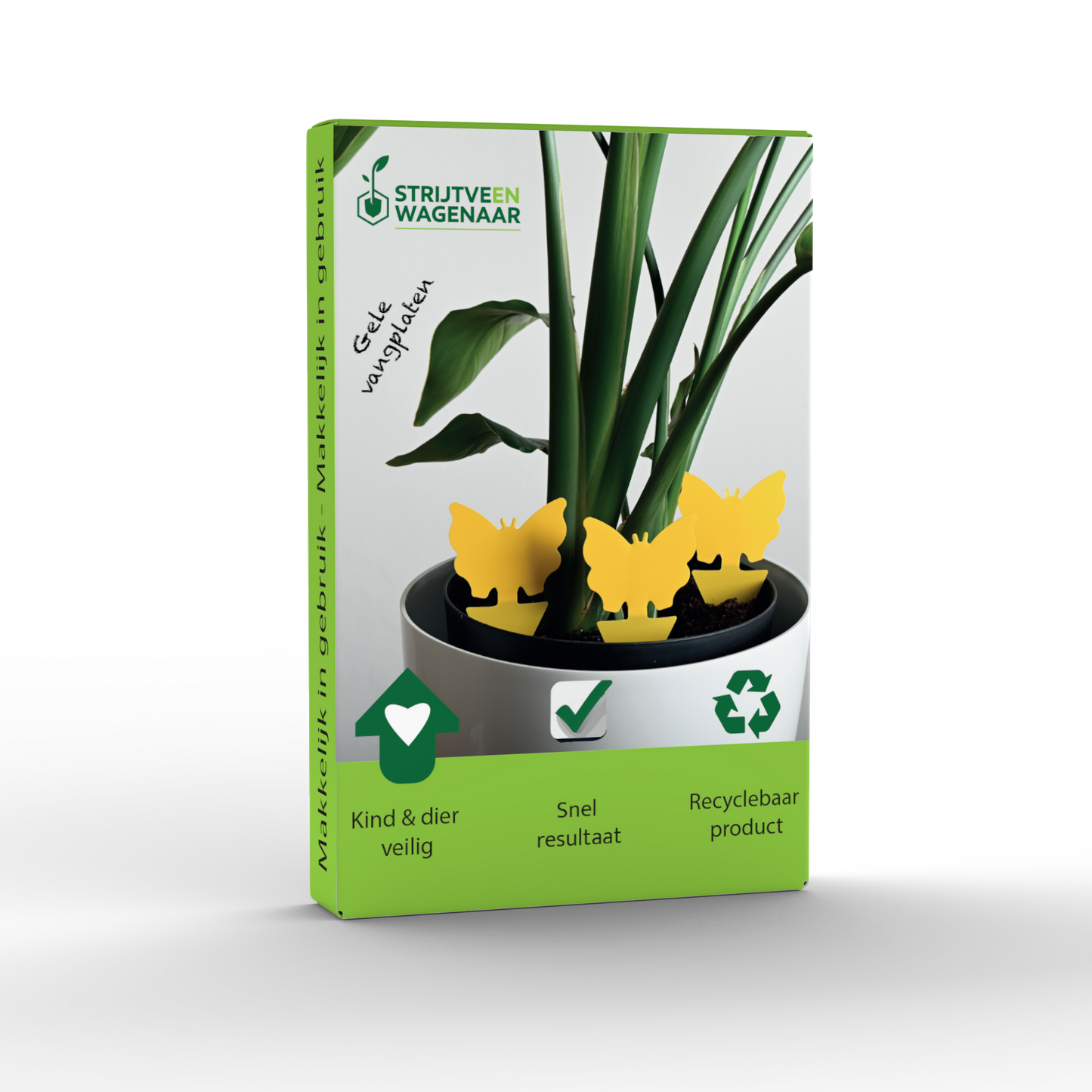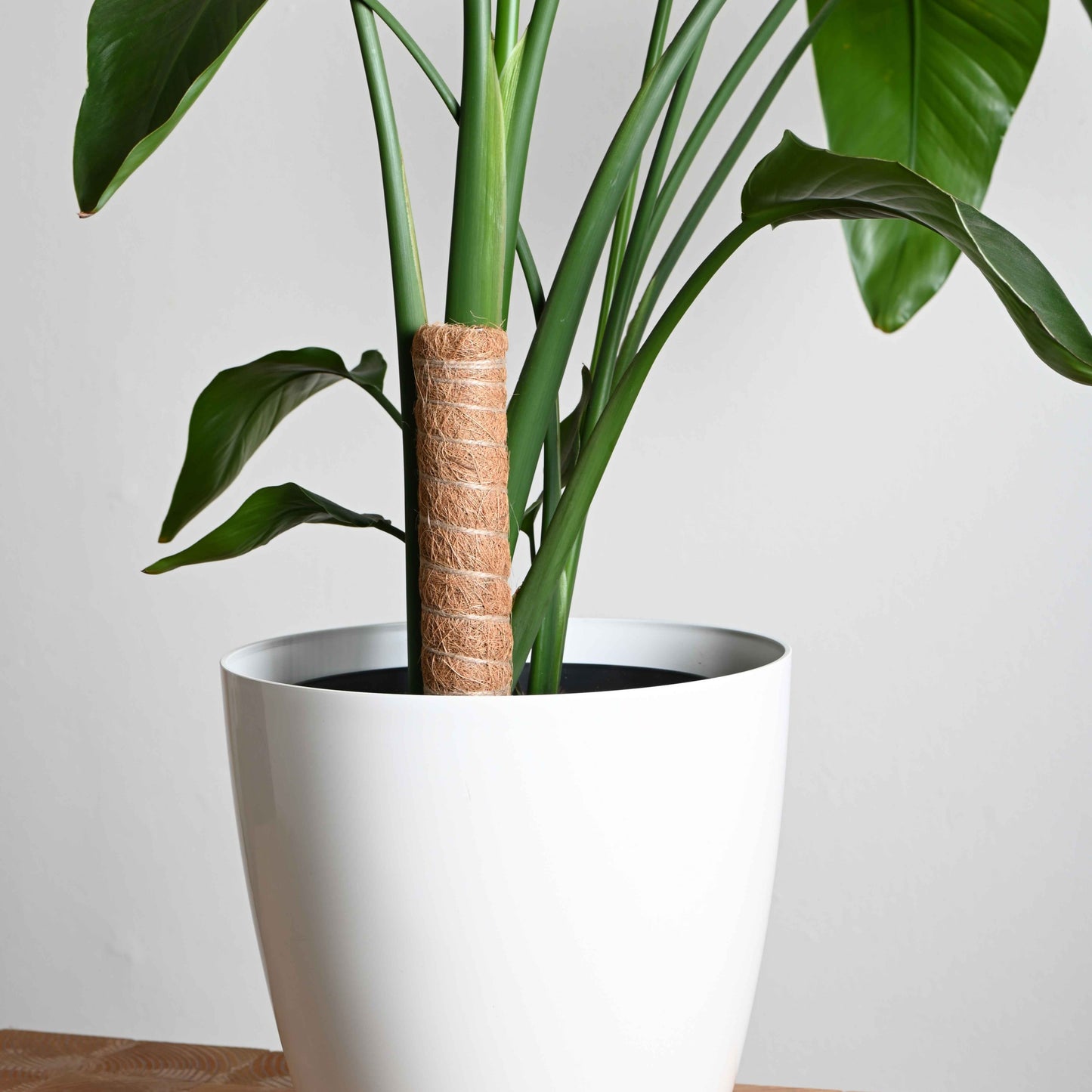
A garden teeming with life isn't just beautiful to look at; it's also incredibly useful. Simply put, biodiversity means having many different species of plants, animals, and microorganisms together. And the more diverse your garden, the stronger the natural balance. That's good news for birds, bees, and you. Did you know that a biodiverse garden helps prevent pests without resorting to chemicals?
More species means fewer pests
In a garden with little biodiversity, pests have free rein. If only one type of plant is growing, aphids, snails, or beetles can easily spread without resistance. But in a garden full of variety, this becomes much more difficult.
Natural enemies like birds, beetles, hedgehogs, and spiders keep an infestation from getting out of hand. They eat the larvae, disturb the nest, or chase the creatures away. By fostering biodiversity, you give these beneficial helpers a place in your garden. This works like a natural team, constantly maintaining balance.
How do you increase biodiversity in your garden?
You don't have to be a forest ranger to bring more life into your garden. A few simple adjustments can go a long way.
Choose native plants
Species native to the Netherlands are better adapted to local insects and animals. They bloom at the right time, are more resilient to our climate, and form the foundation for a healthy ecosystem.
Provide variety
Combine flowers, shrubs, trees, and ground cover. The more layers, the more hiding places for all kinds of animals. A mix of early and late bloomers also helps bees and butterflies find food throughout the season.
Leave corners alone
Not everything has to be neat. A cluttered area with leaves, branches, or stones is a paradise for hedgehogs, beetles, and toads. Even an old tree stump can provide habitat for hundreds of insect species.
Add water
A shallow dish, birdbath, or pond attracts dragonflies, frogs, and birds. Make sure animals can easily get in and out of the water and that the water is changed regularly.
Avoid poison and fertilizers
Chemicals disrupt soil life and kill not only the pest but also its natural enemies. It's better to let nature do the work and opt for organic solutions if intervention is absolutely necessary.
Use a native flower mixture
A flower mix with native species provides bees, butterflies, and other beneficial insects with exactly what they need. This way, you strengthen the natural balance in your garden. View our native flower seeds.
Which natural enemies help against pests?
A biodiverse garden provides shelter for all kinds of useful animals that help you combat unwanted creatures.
Hedgehogs
Hedgehogs eat snails, beetles, and larvae. Provide openings in your fence and leave leaves lying around so they can hide. A bowl of cat food will also attract them to your garden.
Ladybugs
Ladybugs can eat up to 100 aphids a day. Attract them with flowers like dill, marigold, or cornflower and provide them with a hiding place during the winter.
Ground beetles
These nocturnal hunters prefer loose soil and like to hide under leaves or rocks. They eat larvae, caterpillars, and snails.
Birds
Great tits, robins, and blackbirds help keep caterpillars, larvae, and ants at bay. Hang nest boxes, add some open ground, and offer fresh water.
Spiders
Spiders catch flies, mosquitoes, and beetles. Let them do their work, even if they might not be your favorite garden guests. They provide a quiet but effective balance.
Do you have limited space? You can still contribute
You can also encourage biodiversity on a balcony, front garden, or small courtyard. Think of planters with herbs, climbing plants against the wall, or a small insect hotel. Everything helps. And the more people participate, the greater the impact on the natural environment around us.
This is how biodiversity helps keep your garden in balance
Biodiversity isn't a buzzword, but a powerful pest control tool. By designing your garden so that plants and animals complement each other, you prevent unwanted creatures from taking over. You don't need to use pesticides because nature does the work for you. And as a bonus, you'll have a garden full of color, life, and tranquility.

